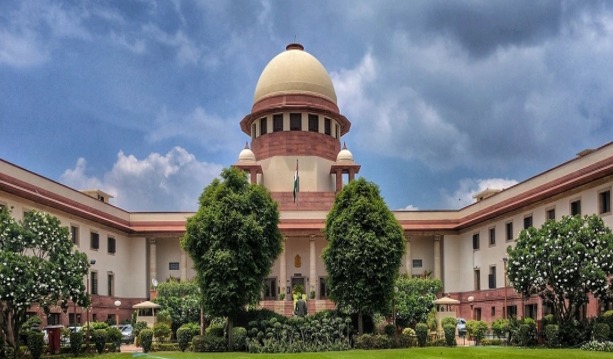
The Supreme Court has recently instructed a couple seeking divorce that they should give their marriage a second try because neither of them could dedicate enough attention to it.
A bench of Justices K M Joseph and B V Nagarathna stated, “Where is the time for marriage? You’re both software engineers posted in Bengaluru. One works during the day and the other at night. You have no regrets about your divorce, but you do have regrets about your marriage. Why don’t you give the marriage another chance?”
According to Justice Nagarathna, divorces are not common in Bengaluru, and the pair should give their marriage another try.
However, counsel for both the husband and wife told the bench that the parties were sent to the Supreme Court Mediation Centre during the pendency of this petition in order to investigate the possibility of a settlement between them.
The bench was informed that both husband and wife had agreed to a settlement agreement in which they chose to dissolve their marriage by mutual consent under Section 13B of the Hindu Marriage Act, 1955 on specified terms and conditions.
The counsels informed the court that one of the terms was that the husband will pay a total of Rs 12.51 lakh as permanent alimony in full and final satisfaction of all monetary claims of the wife.
“When queried by this Court, the parties stated that they had indeed agreed to settle their disputes amicably by parting ways and seeking divorce by mutual consent. They also state that they will follow the terms of the settlement, and so the marriage may be dissolved by a decree of divorce by mutual consent,” the bench wrote in its April 18 judgement.
In the circumstances, the bench added, “We have taken the settlement agreement as well as the application filed under Article 142 of the Constitution on record. We went through the same thing. Following our review, we conclude that the contents of the settlement agreements are lawful and that there is no legal impediment for accepting the terms of settlement.”
It was also noted that the husband paid a total of Rs 12,51,000 to the petitioner-wife, who acknowledged receipt of the demand drafts.
“In the circumstances, we exercise our power under Article 142 of the Constitution and dissolve the marriage between the parties by decree of divorce by mutual consent under Section 13B of the Hindu Marriage Act, 1955,” the Supreme Court stated.
It also quashed several additional proceedings filed by husband and wife in Rajasthan and Lucknow under the Dowry Prohibition Act, the Domestic Violence Act, and other related cases.




